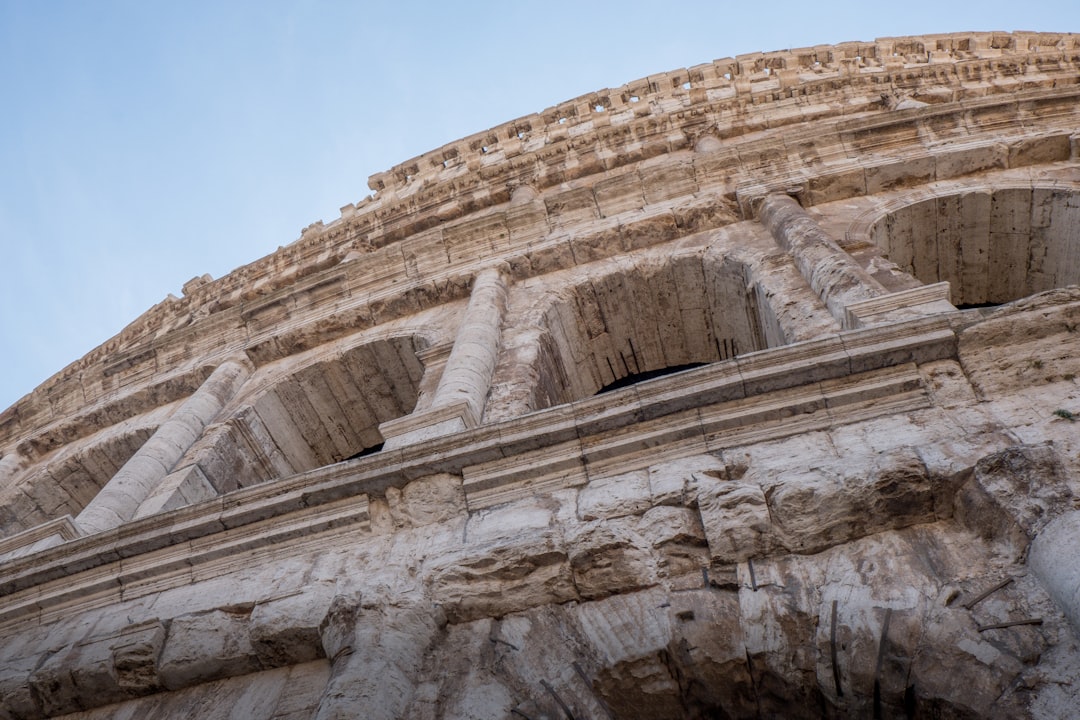What is it about?
The article offers a new explanation for the anonymity of the two brothers in 2 Cor 8:16-24: St. Paul sought to distance himself from them, and excluded their names as one way to create this distance. Since they were not "Pauline," the brothers could serve as guarantors for the collection. It seems that Paul's strategy worked, with the result that the collection in Corinth was a success.
Featured Image

Photo by Carolina on Unsplash
Why is it important?
The article attempts to resolve a centuries-old conundrum and suggests that this solution contributes to our understanding of the success of the Jerusalem collection in Corinth.
Perspectives
The article was a chance for me to appreciate parts of the ancient world that I otherwise would never have considered, namely, the relation of envoys to their senders and how moneys were safeguarded. It also helped me to appreciate how savvy Paul had to be in order for him to carry out his collection. I hope these insights, especially the latter, can help contemporary churches and other religious organizations to recognize that money collects have been part of the Christian religious movement, at least, from its earliest days but, at the same time, that such amassing of funds needs to be conducted with care and the upmost integrity.
Matthew C Lambert
University of Notre Dame
Read the Original
This page is a summary of: O Brother, Who Art Thou?, Novum Testamentum, January 2023, Brill,
DOI: 10.1163/15685365-bja10035.
You can read the full text:
Contributors
The following have contributed to this page










